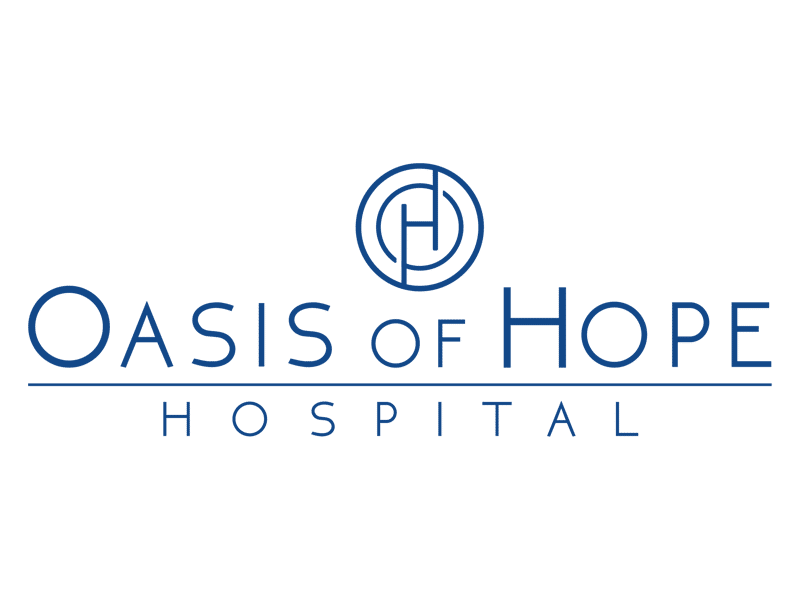The role for dietary lycopene in the prevention and treatment of prostate cancer was first suggested by epidemiological studies pointing to a decrease in risk for serious prostate cancer in men who consumed an ample amount of tomato products. Tomatoes are very rich in the carotenoid lycopene, and tomato products represent the chief source of lycopene in most diets. Subsequent studies showed that diets enriched in lycopene could slow the growth of transplanted human prostate cancers in mice. Moreover, two clinical reports from India indicate that surprisingly modest daily doses of lycopene can reduce or slow the rise in PSA in patients with metastatic prostate cancer .
In a Dutch controlled clinical study targeting patients with rising PSA despite recent prostatectomy, a complex dietary supplement featuring lycopene, soy isoflavones, silymarin, and antioxidants was shown to slow the rate of PSA increase. All of these neutraceuticals should be included in treatment regimens for prostate cancer. Another study showed that heavy consumption of tomato products by patients scheduled for prostatectomy can exert an antioxidant effect on the prostate, reducing the level of oxidatively damaged DNA . This suggests that lycopene, and perhaps other constituents in tomato sauce, may play a physiologically important role in protecting the prostate from oxidative damage.

